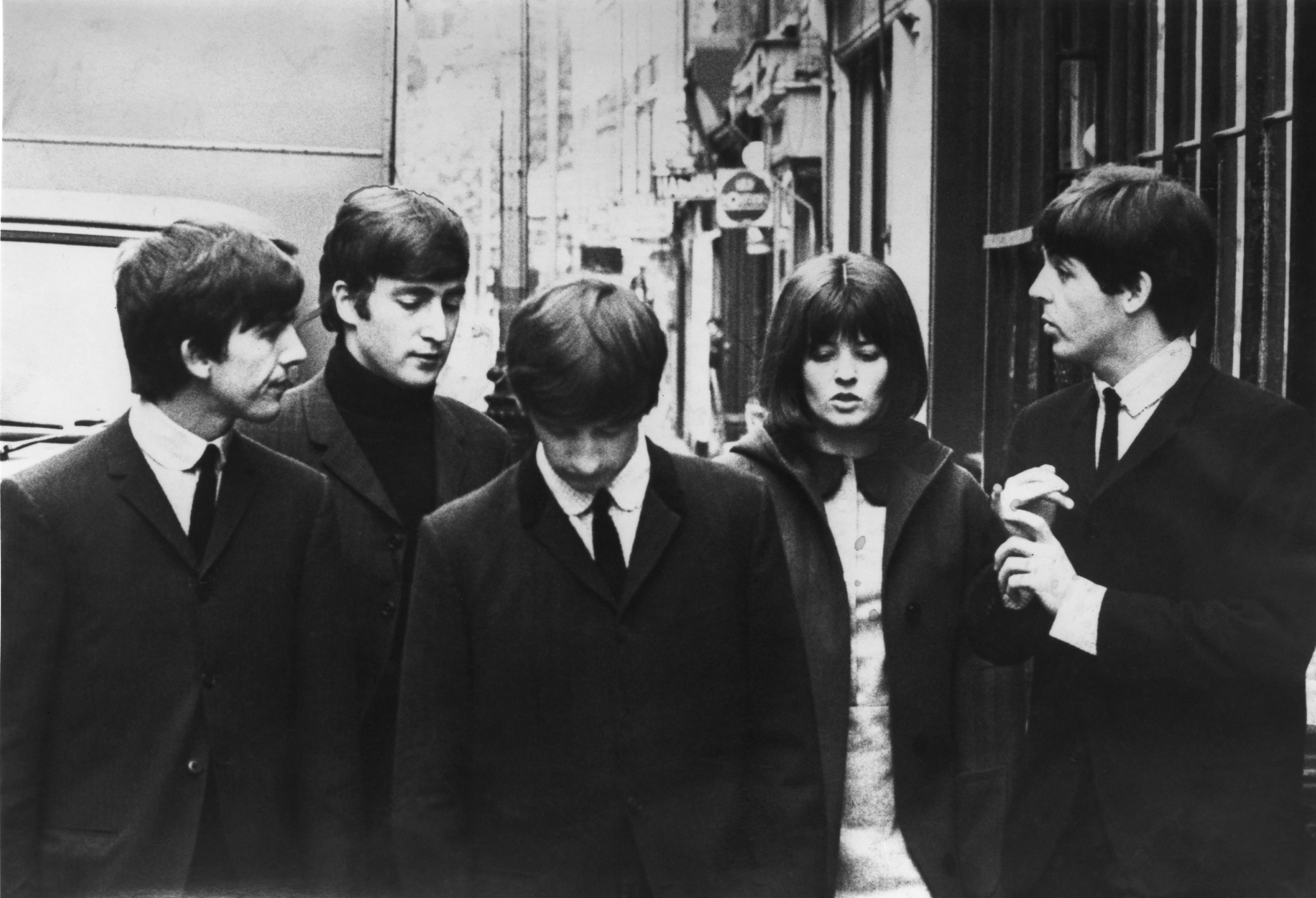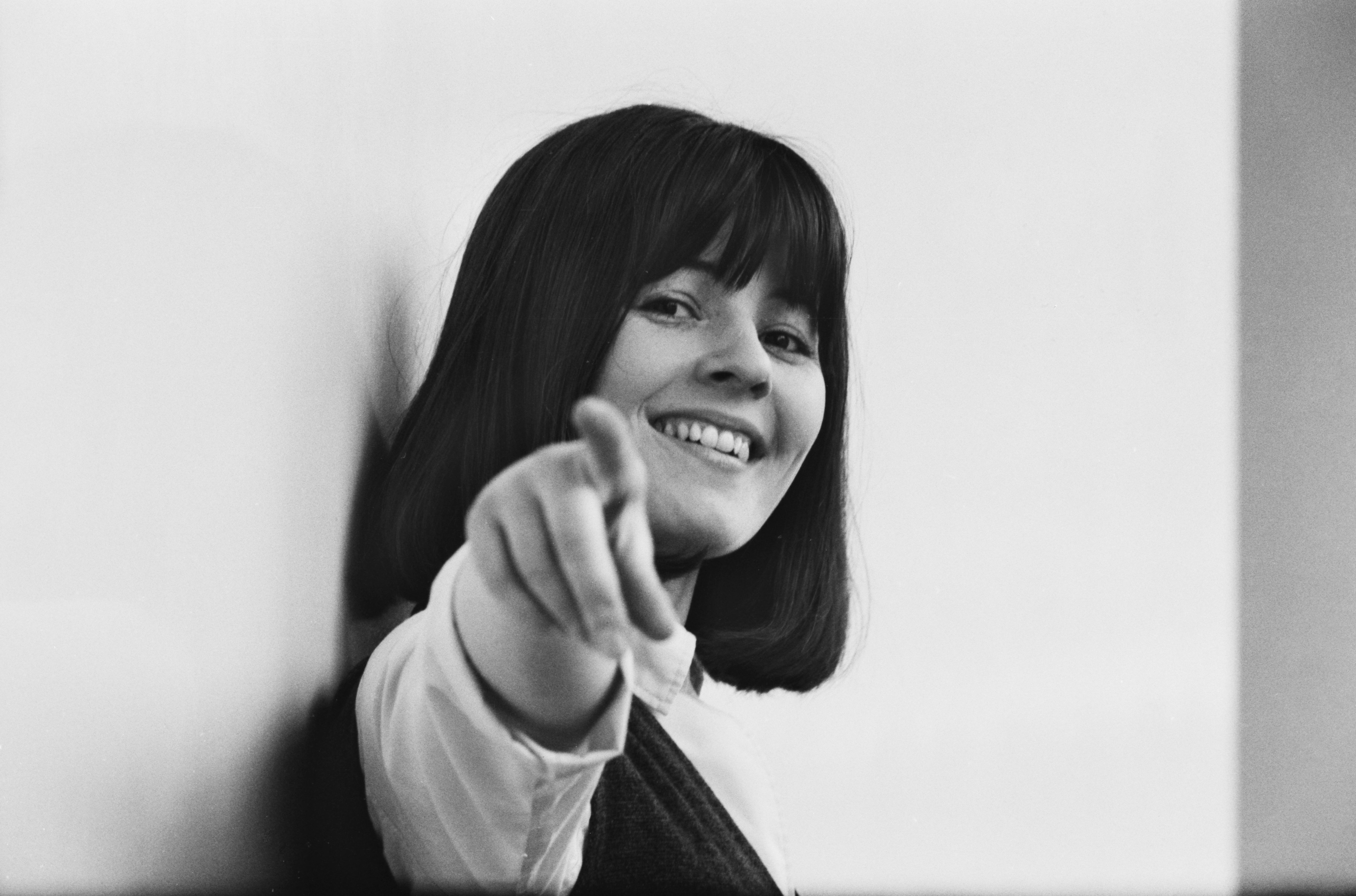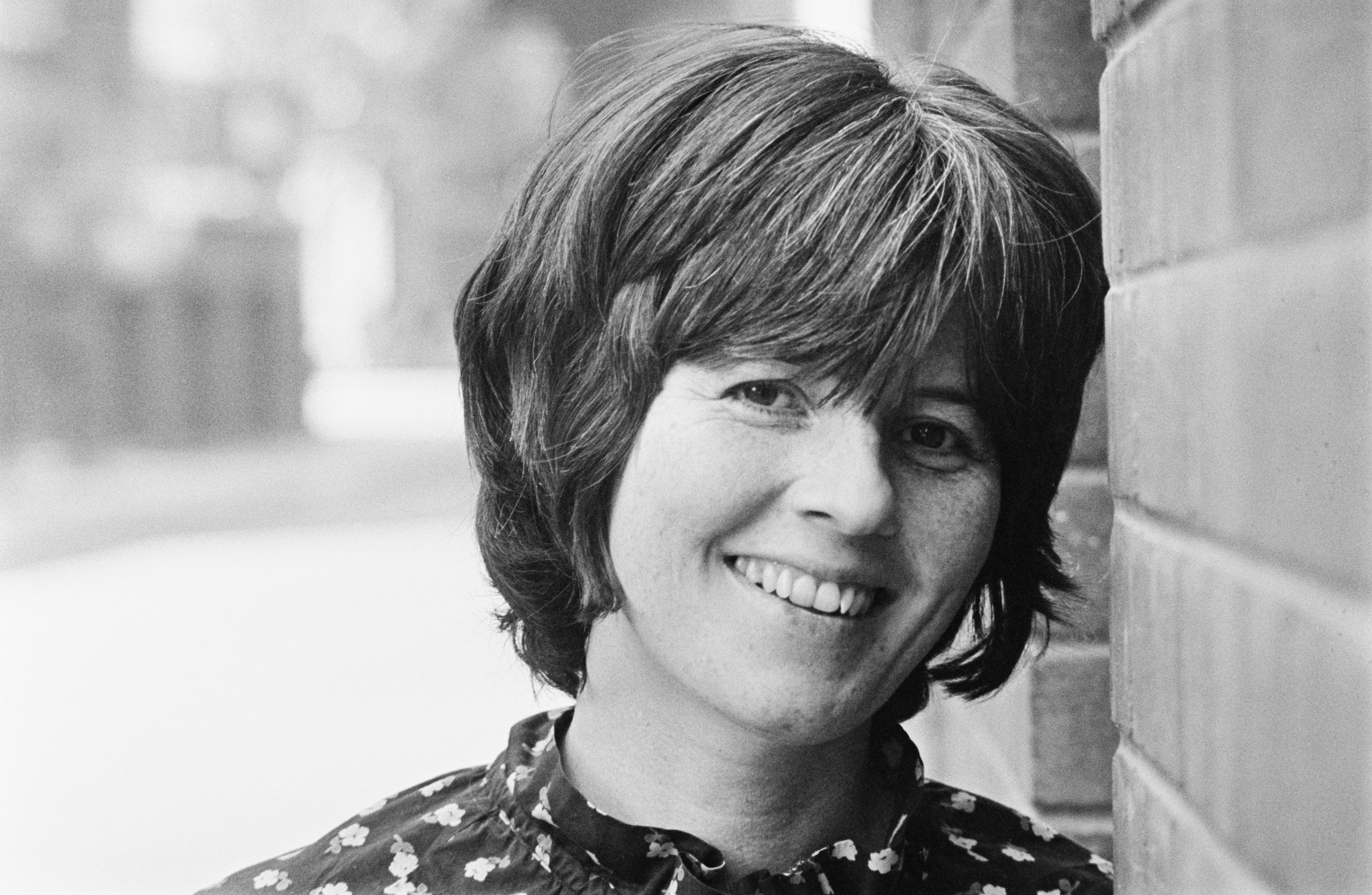Maureen Cleave: Journalist who lit powder keg under The Beatles’ feet
Through her work, Cleave offered insight into the lives of music’s most beloved band, and unwittingly triggered their most controversial moment

Maureen Cleave, music journalist and confidante to the Fab Four, is remembered for her extensive coverage of The Beatles, and for recording John Lennon’s infamous suggestion that the band was “more popular than Jesus”. She has died aged 87.
The eldest of three sisters, Cleave was born on 20 October 1934, in India, to Major John Cleave and Isabella Mary Fraser Browne. At the age of six, Cleave was returning to India with her mother, after a visit to Isabella’s home country of Ireland, when the ship – the SS City of Simla – crossed the sight of a German U-boat. Struck by a torpedo, the passenger ship began to sink some 50 miles northwest of Rathlin Island, with Cleave and her mother among the 347 survivors forced to await rescue in lifeboats.
After graduating from Oxford with a degree in modern history, Cleave began working at the Evening Standard. Initially holding a secretarial role at the newspaper, in 1961 Cleave pitched to Charles Wintour, the newspaper’s editor, the idea of a column dedicated to pop music. Titled “Disc Date”, this column established Cleave as one of the initial architects of mainstream music journalism, at a time when coverage of popular bands and artists was almost exclusively left to magazines aimed at teenagers.
This position allowed Cleave to instigate one of the most enduring, and thoroughly personal, relationships in the history of music journalism. In January 1963, The Beatles were months away from releasing their debut LP, Please Please Me. Cleave travelled to Liverpool to interview the band, who were playing a one-night show at the Grafton Ballroom. “The Beatles made me laugh immoderately,” she would later recount: “the way I used to laugh as a child at the Just William books.” The resulting article, “The Year of The Beatles”, was published by the Standard later that year, and was one of the first times a major newspaper had covered the band.

The Beatles quickly became enamoured with the young journalist, allowing Cleave an intimate insight into their lives as they exploded into legend. In 1964, Cleave was one of a handful of favoured journalists who accompanied The Beatles on their way to John F Kennedy international airport, flying first class with the band as they prepared to commence the three-week tour that marked their first foray into the US.
That same year, Cleave left her own thumbprint on the band’s discography. Sharing a cab with Cleave as he made his way to record “A Hard Day’s Night”, John Lennon shared with her the lyrics, written on a birthday card to his son Julian. Cleave amended the lyrics, changing Lennon’s original “I find my tiredness is through / And I feel all right” to the more suggestive “I find the things that you do / Will make me feel all right”.
Lennon would later claim that the lyrics of “Norwegian Wood (This Bird Has Flown)”, a cynical account of a failed liaison involving possible pyromania, were in reference to an affair he had had with Cleave; Cleave would deny this claim, and Lennon later recanted it.

In March 1966, Cleave published a weekly series entitled “How a Beatle Lives”, in which the journalist sought to paint a written portrait of each band member as she stayed with them, observing their lifestyles, in the wealthy Weybridge-Esher area. On Lennon, with whom she had developed a notably personal relationship, she wrote:
“He looks more like Henry VIII than ever now that his face has filled out – he is just as imperious, just as unpredictable, indolent, disorganised, childish, vague, charming and quick-witted.”
Enjoy unlimited access to 100 million ad-free songs and podcasts with Amazon Music
Sign up now for a 30-day free trial. Terms apply.
ADVERTISEMENT. If you sign up to this service we will earn commission. This revenue helps to fund journalism across The Independent.
Enjoy unlimited access to 100 million ad-free songs and podcasts with Amazon Music
Sign up now for a 30-day free trial. Terms apply.
ADVERTISEMENT. If you sign up to this service we will earn commission. This revenue helps to fund journalism across The Independent.

Cleave felt no need to beautify her subjects. Nor did the band seem to guard their public image around her. It was in this atmosphere, whilst discussing his recent interest in theology, that Lennon would make perhaps his most famous remark:
“Christianity will go, it will vanish and shrink. I needn’t argue about that; I know I’m right and will be proved right. We’re more popular than Jesus now. I don’t know which will go first – rock’n’roll or Christianity.”
This comment, which gained little attention in their native country, would hang over their 14-city tour of the US in August that year. A month after their original publication in the Standard, The New York Times reproduced Cleave’s interviews as a five-page article, and Lennon’s comment drew outraged responses from the religious right, resulting in mass burnings of the group’s LPs and firecrackers thrown at them as they performed.
Having unintentionally lit the spark that discouraged the band from ever touring again, Cleave would later offer her own insight into Lennon’s comments: “John was certainly not comparing The Beatles with Christ. He was simply observing that so weak was the state of Christianity that The Beatles were, to many people, better known. He was deploring, rather than approving, this.”
Whilst The Beatles endured their final tour, Cleave married Francis Nichols, her husband until his death in 2015. Cleave was soon after diagnosed with dementia, and died on 6 November 2021 after a short illness. She is survived by their three children: daughters Dora and Sadie Nichols, and their son Bertie Nichols.
Maureen Cleave, journalist, born 20 October 1934, died 6 November 2021


Bookmark popover
Removed from bookmarks